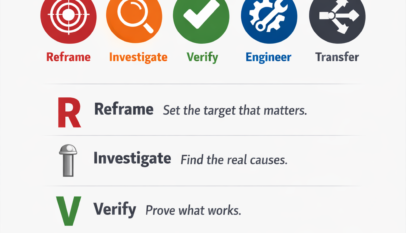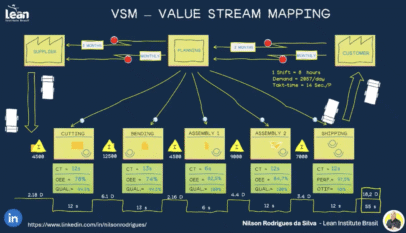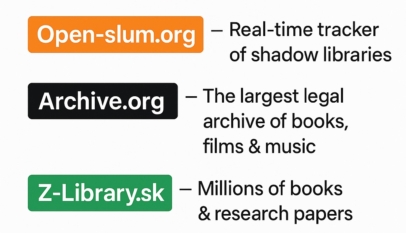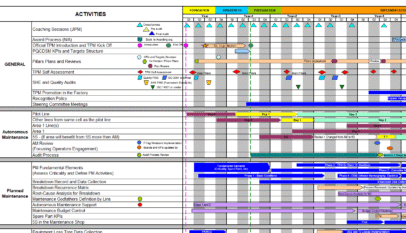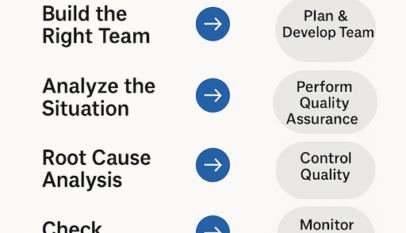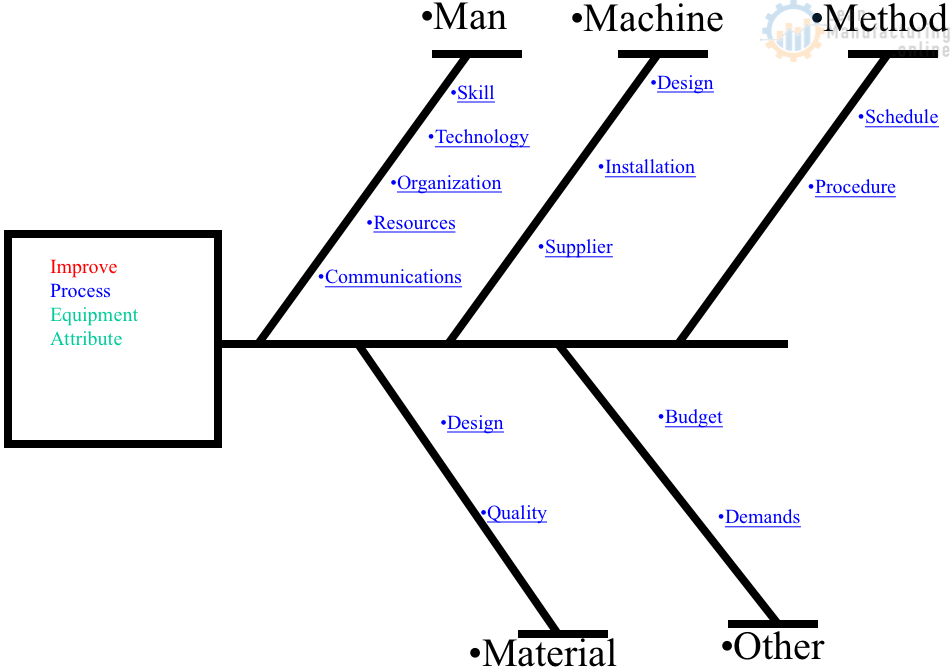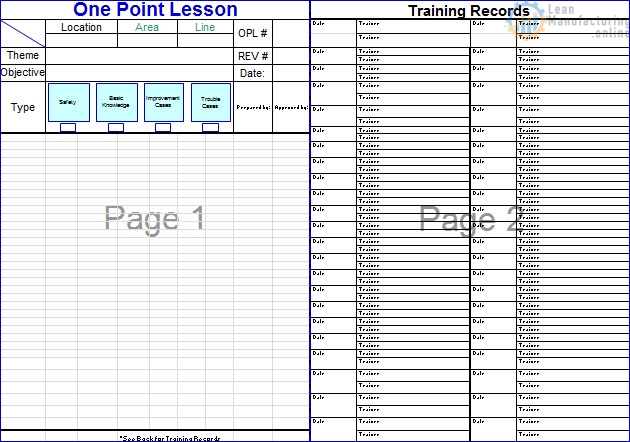Introduction:
Are you a project manager, a team member, or simply someone who wants to understand the essentials of project management? This blog post will provide a comprehensive understanding of projects, their objectives, deliverables, and the significance of their temporary nature. Understanding these key concepts will help you succeed in your professional endeavours and contribute to the overall success of any project you undertake.
- Projects: The Foundation of Achieving Goals
A project is a temporary endeavour to create a unique product, service, or result. Undertaken to fulfill specific objectives, projects are the building blocks that enable organizations to achieve their strategic goals by producing desired outcomes.
- The Importance of Objectives in Project Management
An objective refers to a project’s ultimate goal or purpose, providing direction for the work involved. Objectives can include attaining a strategic position, achieving a purpose, obtaining a specific result, producing a product, or performing a service. Clearly defined objectives are crucial for the success of any project, as they help align the project team’s efforts and ensure that everyone is working towards the same goals.
- Deliverables: Measuring Project Success
Deliverables are the tangible or intangible products, results, or capabilities required to complete a project. Unique and verifiable deliverables indicate that a project is progressing toward its objectives. They can range from reports and software applications to physical products and services. Monitoring and tracking deliverables throughout a project’s lifecycle help ensure the project stays on track and achieves its desired outcomes.
- The Temporary Nature of Projects: A Definitive Beginning and End
Projects have a temporary nature, meaning they have a distinct start and finish. This does not imply that projects are short-lived; instead, they conclude when certain conditions are met, such as:
- The project’s objectives have been achieved.
- The objectives cannot or will not be met.
- Funding is exhausted or unavailable for allocation.
- The need for the project ceases to exist.
- Human or physical resources are no longer available.
- The project is terminated due to legal cause or convenience.
Understanding the temporary nature of projects is crucial, as it helps ensure that resources are effectively allocated and managed throughout the project’s lifecycle.
Conclusion:
In project management, understanding the concepts of objectives, deliverables, and the temporary nature of projects is essential. This knowledge contributes to the success of individual projects and helps organizations achieve their strategic goals. By keeping these key concepts in mind, you’ll be better equipped to navigate the complex landscape of project management and maximize the impact of your projects.
Get your Process Groups: A Practice Guide


